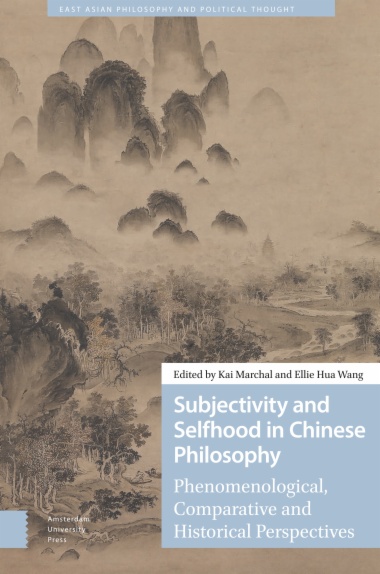Human beings have always been concerned with fundamental questions about their selves, including the deeply personal nature of human experience, the persistence of the self over time, the relation between mind and body, and the interdependence between self and community. The goal of this volume is to rethink these questions against the backdrop of the Chinese philosophical traditions, covering the ideas of major thinkers from Classical to late imperial China, with a particular focus on the fact that human experience is necessarily characterized by the first-person perspective. The contributors to this volume employ different methods (historical, comparative, phenomenological), but they all aim at bringing the rich resources of Chinese philosophy to life in our global present.
- Cover
- Table of Contents
- Introduction
- 1. Perspective, Dwelling, and Phenomenology in Early Chinese Philosophy
- 2. Self-Knowledge, Perspective, and the Possibility of Understanding in Zhuangzi’s Happy Fish Dispute
- Meng-Ting Chiang, Lee-Chun Lo, Kai-Yuan Cheng
- 3. “Not Having a Heart” (wu xin 無心) or the Paradox Between Existence and Knowledge in the Philosophy of Guo Xiang 郭象
- 4. The Sense Organs, Awareness and Luminosity in Classical Chinese and Indian Thought
- 5. Selfhood and Subjectivity in Neo-Confucianism
- 6. On Taking Appearances Seriously: Phenomenology, New Confucianism, and the Yogācāra Theory of Consciousness
- 7. Self, Mind, and Consciousness: Comparative Reflections
- 8. Ritual and Confucian Shame
- 9. Kierkegaard, Confucius, and the Intersubjective Dance
- 10. The Bodily Self in Ancient Chinese Arts and in Twentieth-Century Euro-American Painting
- Index of Names
- Index of Subjects

